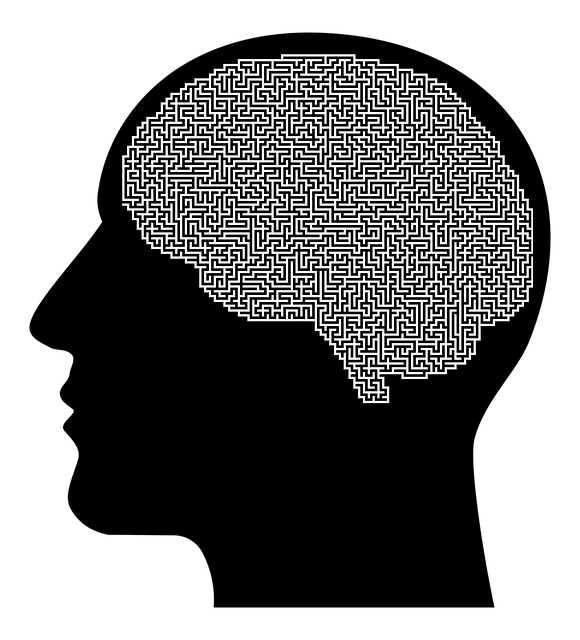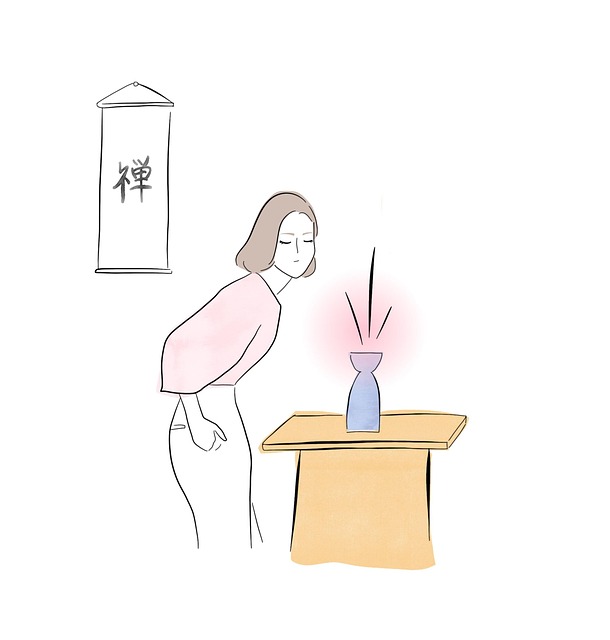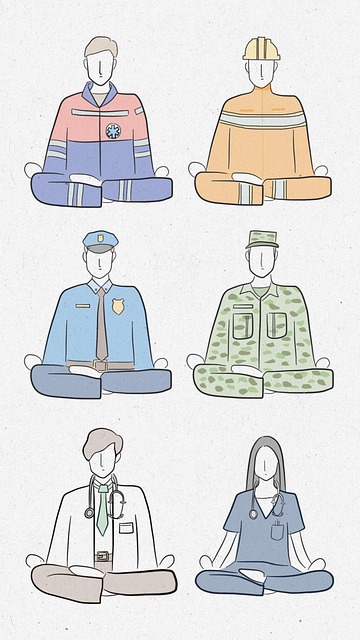Denver Cognitive Behavioral Therapy (CBT) offers a powerful approach to managing anxiety by identifying negative thought patterns, teaching stress reduction methods, and promoting long-term resilience. Incorporating techniques like breathwork, meditation, and lifestyle changes, CBT empowers individuals to gain control over their anxious thoughts, reduce stress hormones, and lead more fulfilling lives through holistic anxiety relief strategies tailored to their unique needs.
Anxiety is a common yet complex condition affecting millions. If you’re seeking relief in Denver, understanding your anxiety and employing effective management techniques can significantly improve your quality of life. This article guides you through various approaches, from recognizing patterns and triggers to powerful therapies like Cognitive Behavioral Therapy (CBT). It explores calming mind techniques, lifestyle changes, and resilience-building strategies for long-lasting anxiety reduction.
- Understanding Anxiety: Recognizing Patterns and Triggers
- Cognitive Behavioral Therapy (CBT): A Powerful Tool for Managing Anxiety
- Techniques to Calm the Mind: Breathwork, Meditation, and Relaxation Exercises
- Building Resilience: Lifestyle Changes and Coping Strategies for Long-Term Relief
Understanding Anxiety: Recognizing Patterns and Triggers

Anxiety is a complex emotion that can manifest in various ways, and understanding its underlying patterns and triggers is crucial for effective management. Many individuals living with anxiety often report specific situations or environments that consistently evoke feelings of unease or panic. Recognizing these patterns is the first step towards gaining control. For instance, certain social settings might trigger anxiety in those who struggle with social phobia, while others may experience heightened anxiety around exams or public speaking.
Denver Cognitive Behavioral Therapy (CBT) offers a structured approach to help individuals identify and challenge these triggers. CBT therapy encourages clients to keep detailed records of their experiences, focusing on the connection between thoughts, feelings, and behaviors. By keeping a journal, one can start to notice recurring themes and patterns that contribute to anxiety. This awareness allows for the development of effective stress reduction methods and, ultimately, fosters inner strength in managing these triggers long-term.
Cognitive Behavioral Therapy (CBT): A Powerful Tool for Managing Anxiety

Cognitive Behavioral Therapy (CBT) is a highly effective Denver Cognitive Behavioral Therapy approach for managing anxiety disorders. It focuses on identifying and challenging negative thought patterns and behaviors that contribute to anxious feelings. Through CBT, individuals learn to replace irrational thoughts with more realistic and balanced perspectives. This process empowers them to cope with stressors in their daily lives more effectively.
Incorporating communication strategies and coping skills development, CBT enables people to understand and manage their anxiety symptoms better. By mastering mind over matter principles, clients gain a sense of control, reducing the impact of anxious thoughts. This evidence-based therapy has shown remarkable results, helping folks overcome their anxiety and lead more fulfilling lives.
Techniques to Calm the Mind: Breathwork, Meditation, and Relaxation Exercises

Anxiety can often overwhelm the mind, making it difficult to find peace. However, there are effective techniques to calm and center your thoughts, promoting emotional well-being. One such powerful tool is breathwork, a simple yet profound method that engages the body’s natural response to relaxation. By focusing on slow, deep breaths, individuals can activate the parasympathetic nervous system, reducing stress hormones and creating a sense of tranquility. This practice is easily accessible and can be incorporated into daily routines for instant crisis intervention guidance.
Meditation and relaxation exercises further enhance these benefits. Regular meditation trains the mind to stay present, quieting racing thoughts and anxious worries. Simple techniques like progressive muscle relaxation guide individuals through systematic tension release, easing physical symptoms of anxiety. These practices, often taught in Denver Cognitive Behavioral Therapy sessions, empower people to manage their anxiety effectively. Incorporating breathwork, meditation, and relaxation into daily life offers a holistic approach to stress reduction methods, fostering resilience against anxious episodes.
Building Resilience: Lifestyle Changes and Coping Strategies for Long-Term Relief

Building resilience is a key component of long-term anxiety management. Lifestyle changes and coping strategies play a significant role in Denver cognitive behavioral therapy (CBT), helping individuals navigate their mental illness with greater ease. By adopting healthy habits such as regular exercise, balanced nutrition, and sufficient sleep, people can strengthen their emotional healing processes and enhance their overall well-being. These foundational changes create a buffer against anxiety triggers, enabling individuals to better manage stress in their daily lives.
In addition to physical wellness, mental illness stigma reduction efforts contribute to building resilience. Challenging societal perceptions and embracing personal growth foster an environment where seeking help is normalized. Through CBT techniques tailored to individual needs, people learn effective coping mechanisms that extend beyond quick fixes. This holistic approach addresses the root causes of anxiety, promoting long-lasting anxiety relief and empowering individuals to lead more fulfilling lives.
Anxiety management is a journey that involves understanding your unique triggers, adopting effective tools like CBT in Denver, and integrating calming practices into daily life. By recognizing patterns and implementing both short-term techniques such as breathwork and long-term strategies like lifestyle changes, individuals can achieve lasting relief. Remember, with the right approach, managing anxiety is achievable, leading to a calmer and more resilient you.














